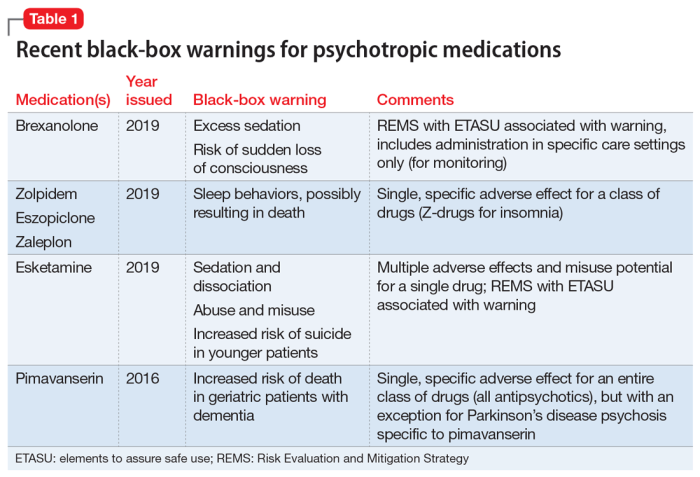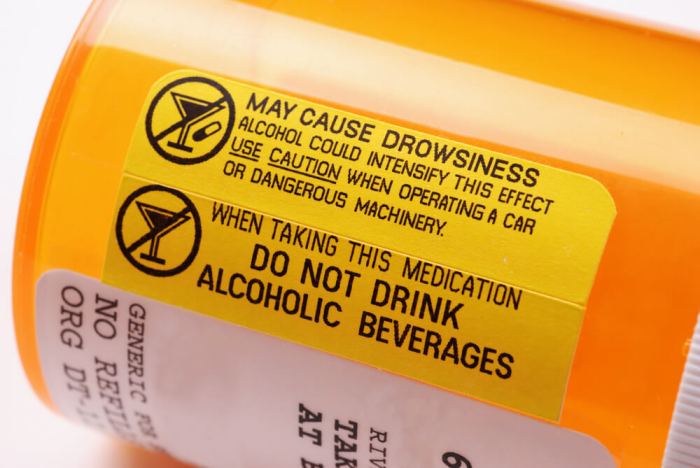All insects have an fda black box warning regarding – All insects carry an FDA black box warning, a crucial designation that underscores their potential risks. This article delves into the significance of these warnings, exploring the insects that trigger them, their associated risks, and essential preventive measures to safeguard human health.
The FDA’s black box warnings serve as the highest level of caution, alerting healthcare professionals and the public to severe or life-threatening adverse effects associated with certain medications or treatments. In the case of insects, these warnings highlight the potential for allergic reactions, bites, and stings that can range from mild discomfort to life-threatening emergencies.
Insects and FDA Black Box Warnings: All Insects Have An Fda Black Box Warning Regarding

FDA black box warnings are the most serious warnings issued by the U.S. Food and Drug Administration (FDA). They are used to alert healthcare professionals and patients about potentially life-threatening risks associated with a drug or medical device.
Several insects have FDA black box warnings, including the following:
- Yellow jackets
- Honey bees
- Wasps
- Hornets
- Fire ants
The potential risks and side effects associated with these insects include:
- Anaphylaxis
- Allergic reactions
- Death
Insect Allergic Reactions

Insect allergic reactions are a serious medical condition that can occur when a person is stung or bitten by an insect. Symptoms of insect allergic reactions can include:
- Hives
- Swelling
- Difficulty breathing
- Anaphylaxis
It is important to identify and avoid insects that can cause allergic reactions. If you have an insect allergy, it is important to carry an epinephrine auto-injector (EpiPen) in case of an allergic reaction.
Insect Bites and Stings
Insect bites and stings are common injuries that can cause pain, swelling, and itching. Common types of insect bites and stings include:
- Mosquito bites
- Bee stings
- Wasp stings
- Fire ant bites
Most insect bites and stings can be treated at home with simple first aid measures. However, it is important to seek medical attention if you experience any of the following symptoms:
- Difficulty breathing
- Swelling of the face, throat, or tongue
- Anaphylaxis
Insect Repellents and Protective Measures

Insect repellents are products that are applied to the skin or clothing to repel insects. Insect repellents work by creating a barrier between the insect and the skin. There are a variety of different insect repellents available, including:
- DEET
- Picaridin
- IR3535
- Oil of lemon eucalyptus
In addition to insect repellents, there are a number of other protective measures that can be taken to avoid insect bites and stings, such as:
- Wearing long sleeves and pants
- Using insect netting
- Avoiding areas where insects are known to be present
Questions Often Asked
What are the most common insects that trigger FDA black box warnings?
The most common insects associated with FDA black box warnings include bees, wasps, hornets, yellow jackets, and fire ants.
What are the symptoms of an insect allergic reaction?
Symptoms of an insect allergic reaction can range from mild (e.g., hives, itching, swelling) to severe (e.g., difficulty breathing, anaphylaxis).
How can I avoid insects that trigger allergic reactions?
To avoid insects that trigger allergic reactions, it is important to identify and minimize exposure to these insects. This may involve avoiding areas where they are known to be present, wearing protective clothing, and using insect repellents.